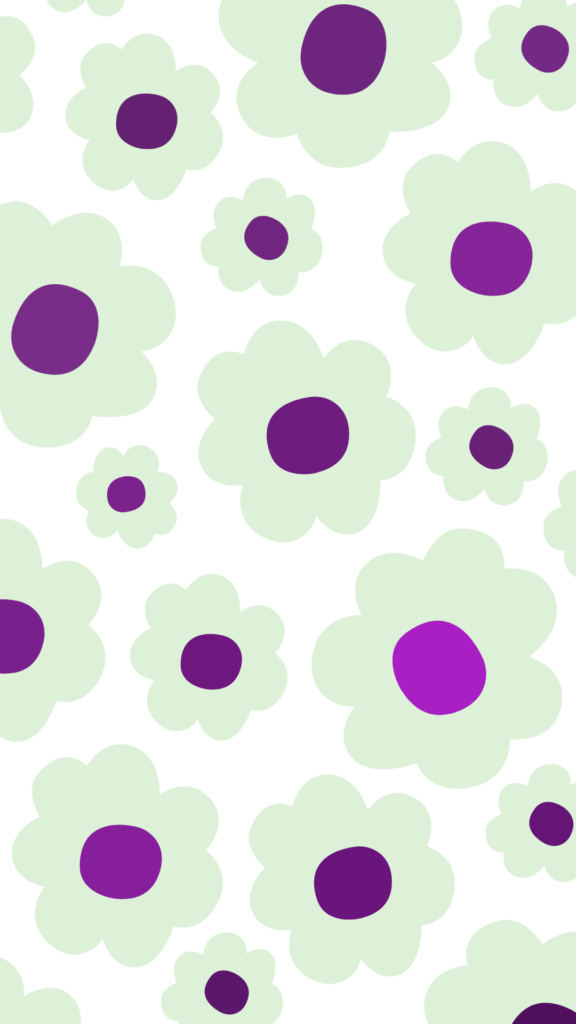Obsessive-compulsive disorder (OCD) is a mental health condition that affects millions of people around the world. It involves having persistent and intrusive thoughts, images, or impulses (obsessions) that cause anxiety or distress, and performing repetitive behaviors or mental acts (compulsions) to reduce or neutralize the anxiety or distress. People with OCD usually realize that their obsessions and compulsions are irrational or excessive, but they feel unable to stop or control them. OCD can interfere with daily functioning and quality of life, and cause significant suffering and impairment.
Some of the common themes of OCD obsessions are:
- Fear of contamination or dirt,
- Fear of harming oneself or others,
- Fear of losing or forgetting something important,
- Need for order, symmetry, or exactness,
- Unwanted or taboo thoughts about sex, religion, or violence.
Some of the common examples of OCD compulsions are:
- Excessive washing, cleaning, or sanitizing,
- Checking or rechecking things, such as locks, switches, or appliances,
- Ordering or arranging things in a certain way,
- Counting, repeating, or saying certain words or phrases,
- Praying or performing religious rituals.
Psychotherapy can help people with OCD challenge and change their irrational thoughts and beliefs, and gradually confront and resist their compulsive behaviors. Other forms of treatment, such as mindfulness, relaxation, or support groups, can also help people with OCD cope with their symptoms and improve their well-being.
OCD is a chronic and often fluctuating condition that may require long-term management and follow-up. However, with proper treatment and support, people with OCD can learn to overcome their fears and regain control over their lives.



